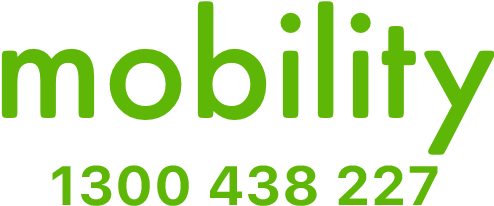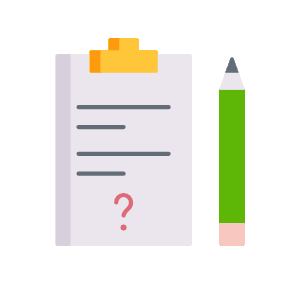Why Are Care Notes Important?
Care notes play a crucial role in monitoring and maintaining your health and well-being. These notes help us catch any signs of change in your health. Even small changes can be significant, helping us act quickly to better support you.
What is AWACCS?
AWACCS stands for Activities of daily living, Weight and Nutrition, Awareness, Condition, Cognition, and Social. It’s a framework designed to help workers observe and report any changes in these key areas that could indicate a potentially serious change in your health and wellbeing.
Who Completes Care Notes?
If a worker has provided you with homecare or community care services, they will complete care notes upon clocking out. These notes document any changes they’ve noticed during their shift.
What Information Do AWACCS Care Notes Track:
- Activities of Daily Living (A): Reports if there are any changes in routine tasks, personal care, home tasks, food preparation, medications, or finances.
- Weight and Nutrition (W): Notes any noticeable weight loss or gain, changes in clothing fit, eating habits, or interest in food and drink.
- Awareness (A): Observes and records your awareness of your surroundings, people, time, and day.
- Condition (C): Details any new or worsening symptoms, such as heart sensations, headaches, changes in temperature, or mobility.
- Cognition (C): Documents changes in sleep patterns, confusion, memory issues, problem-solving abilities, decision-making, or understanding.
- Social (S): Notes changes in social interaction, desire for company, hobbies, and overall engagement with others.
- No Changes to Report? If there are no changes to report, workers will select the “no changes to report” option. However, if they observe anything that might indicate a decline or significant change in your condition, they will provide detailed notes.
How Your Care Notes Are Shared:
Your AWACCS care notes are shared with mobility’s Head of Care and your clinical or care manager. Additionally, any person (nominee/guardian, i.e., family member, etc.) linked to your account can request to receive these care notes. These notes focus solely on monitoring your condition, not the worker’s activities.
Incident Reporting:
If an incident occurs during a worker’s shift, they must file an incident report separately. For guidance, see Reporting an Incident.
Care Notes FAQ's
Detailed care notes enable early intervention if your health status changes, ensuring you receive the care you need promptly.
No, this is done by the worker completing your booking. They will complete all applicable fields in the AWACCS care notes to catch any changes in your condition early.
Workers share specific observations related to each category in AWACCS, looking for changes in daily activities, weight, awareness, physical conditions, cognitive functions, and social behaviours.
Yes, if an incident occurs, it should be reported separately through our incident reporting system, even if care notes have been completed.
Yes, workers are required to complete care notes for general observations. Incident reports are for specific events requiring immediate attention.
Care notes track irregular observations about your condition. Incident reports are used for specific or urgent issues that need attention.
Care notes are reviewed by mobility’s Head of Care and your clinical team or care manager, helping them monitor your health and adjust care plans accordingly. Additionally, any person (nominee/guardian, i.e., family member, etc.) linked to your account can request to receive these care notes.




